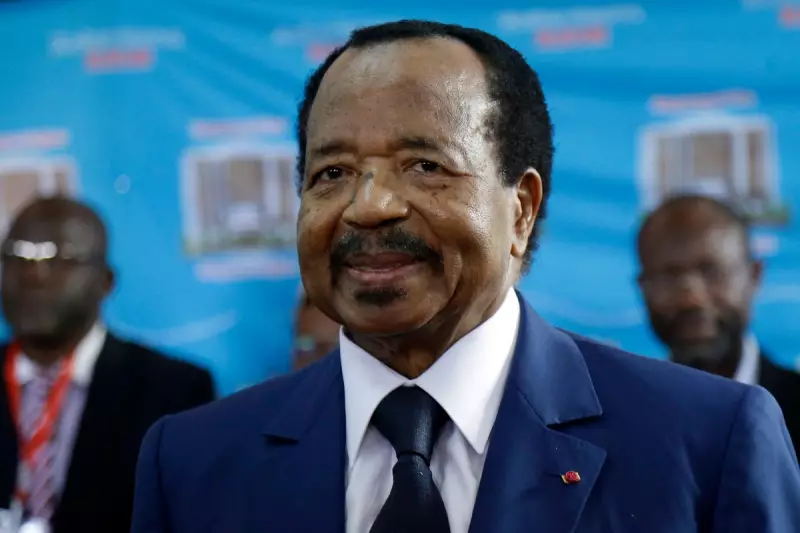
At 90 years old, Paul Biya stands as one of the world's oldest sitting leaders, yet his advanced age and prolonged absence from public view have ignited intense debate about his ability to govern the Central African nation effectively.
Four Decades of Uninterrupted Rule
Having first assumed power in 1982, President Biya's tenure spans an remarkable 41 years, making him not only Africa's second-longest serving leader but also placing him among the world's most enduring political figures. His reign has witnessed multiple constitutional amendments, including the controversial removal of presidential term limits in 2008.
The Growing Age Concern
Recent years have seen President Biya's public appearances become increasingly rare, with the leader spending considerable time abroad, primarily in Switzerland. This pattern has fueled speculation about his health and cognitive capabilities, though official sources consistently maintain he remains fully engaged in governance.
Constitutional Controversy
The 1996 constitution initially set presidential age limits between 40 and 75 years, but subsequent revisions have notably eliminated the upper age restriction. This legal manoeuvring has enabled Biya to continue his presidency well into his tenth decade, despite mounting public concern.
Political Opposition Gains Momentum
Maurice Kamto, Biya's primary challenger in the 2018 elections, has emerged as a vocal critic of the president's extended rule. Following his defeat, Kamto spent nine months in detention before international pressure secured his release, highlighting the tense political climate surrounding Biya's administration.
International Scrutiny Intensifies
As Cameroon grapples with multiple internal conflicts, including the Anglophone crisis that has claimed thousands of lives, international observers increasingly question whether the ageing president can effectively address the nation's complex challenges.
The situation presents a critical juncture for Cameroon, balancing respect for established leadership against the pressing need for responsive governance in a rapidly evolving political landscape.





